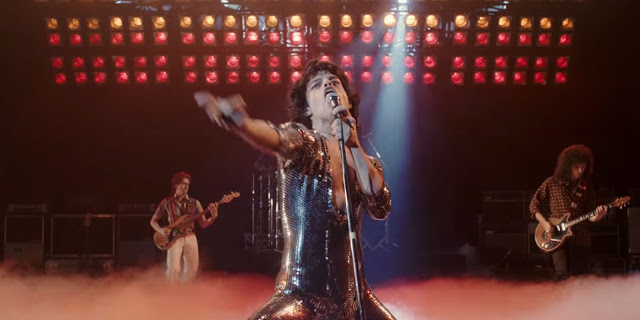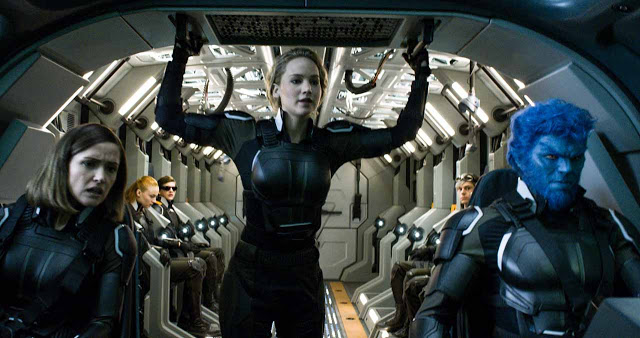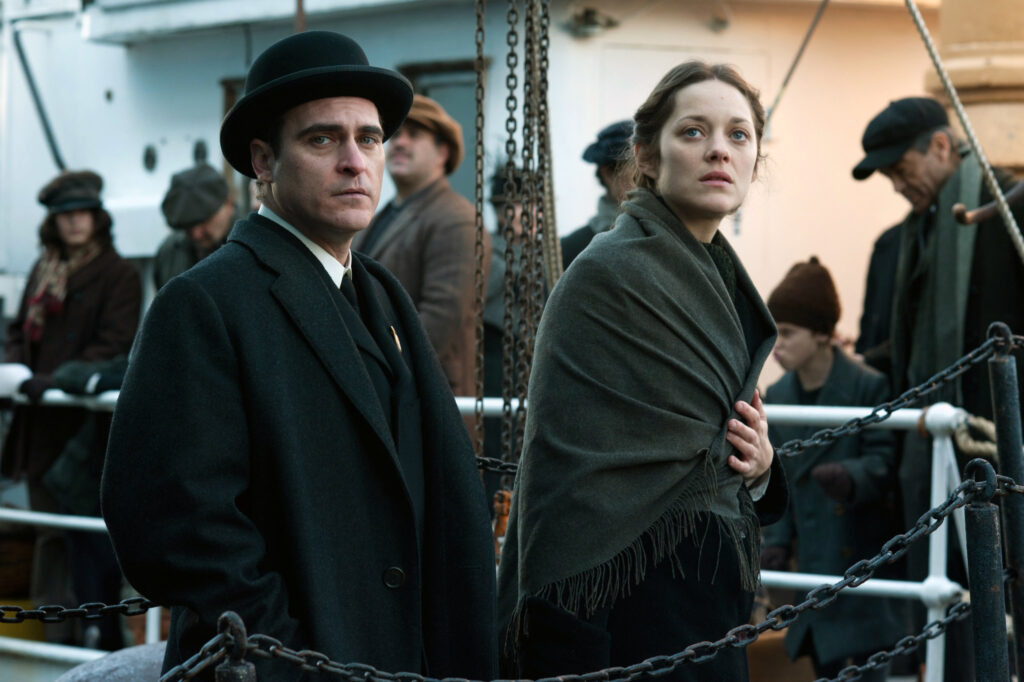Bohemian Rhapsody: Thunderbolt and Lightning, Not Very Frightening
Sparring with a grumpy studio executive over the direction of his ascendant band, Freddie Mercury insists that Queen’s new record will have operatic overtones, thereby defying the traditional formula of “Do it again, only bigger.” The suit balks. “I like formula,” he retorts, and well he should; formula has made him money. Bohemian Rhapsody, the new middle-of-the-road biopic about Mercury and Queen, frames this studio head as an out-of-touch buffoon, a crass businessman solely interested in profit and utterly lacking in artistic vision; the band, in contrast, is perceived as constantly knocking down barriers and fearlessly reinventing itself.
The juxtaposition is ironic, because while Bohemian Rhapsody may chronicle 15 years in the life of one of rock-and-roll’s seminal musicians, in terms of ambition and execution, it is entirely on the side of the suit. Which is to say: This movie is pure formula. Take a solitary dreamer with starry eyes and a disapproving dad; introduce him to some pleasant and unmemorable fellow aspirants looking for their own big break; show the group coming together to create some of rock’s classic tunes; follow a montage of their success with a reveal of slowly deepening fissures of dissension; mix in some substance abuse and romantic trauma; conclude with a harmonious reunion that reminds everyone of the unsullied joy of making music. Stuff everything in a blender and press “Play”, then wait for the dollars to start pouring out. Read More



